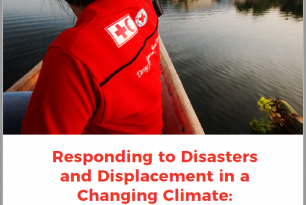
0/5 (1) Rate This! Please rate this content
![]()
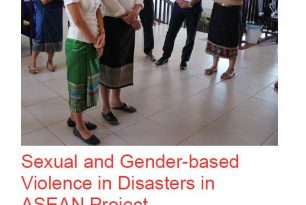
The progress report details the progress of the research which has been initiated by IFRC Asia Pacific Regional team with the ASEAN Committee on Disaster Management (ACDM) Working Group on Prevention and Mitigation in collaboration with their membership. It addresses the issues of gender and sexual and gender-based violence (SGBV) in emergencies, with a specific focus on SGBV before, during and after disasters in the ASEAN region.
![]()
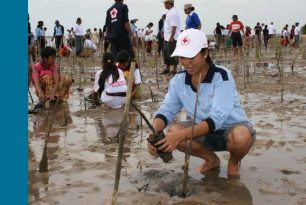
This report is the result of an integrated research process that combined desk-based legal research with stakeholder interviews in-country, followed by a multi-stakeholder consultation workshop held in February 2016 to verify the research findings and explore relevant issues with participants. It provides a ‘legal mapping’ of the laws and regulations that address disaster risk reduction (DRR) in Indonesia, analysing them against the questions contained in the Checklist and assessing their implementation based on stakeholder feedback and secondary sources.
![]()
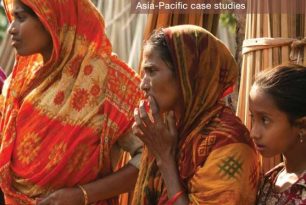
This report follows on from the global study Unseen Unheard: gender based violence in disasters which saw research being conducted in 9 countries globally, and included Bangladesh, Myanmar and Samoa from the Asia Pacific region. The Asia Pacific case studies provide an overview of gender-based violence (GBV) within each country context, as well as presenting findings and key recommendations with regards to 1) Awareness and understanding on GBV occurrence during disasters; 2) Availability and access to services; 3) Safety and security and; 4) Livelihoods and migration.
![]()
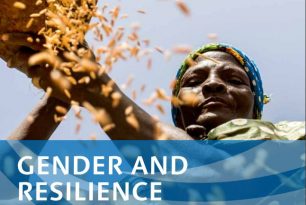
This paper reviews different approaches to incorporating gender equality objectives into resilience projects and to monitoring gender equality outcomes. It uses a sample of project proposals from DFID’s Building Resilience to Climate Extremes and Disasters programme (BRACED) and makes suggestions on ways to promote effective and consistent practice across the full range of projects.
The methodology is twofold, involving a systematic review of how gender resiliencies are considered in the literature on disaster risk reduction and climate change adaptation and an analysis of project planning materials for eight of the 15 NGO projects being supported by BRACED. The NGOs cover Mali, Senegal, Burkina Faso, Niger, Myanmar, Nepal, Kenya and Uganda.
![]()